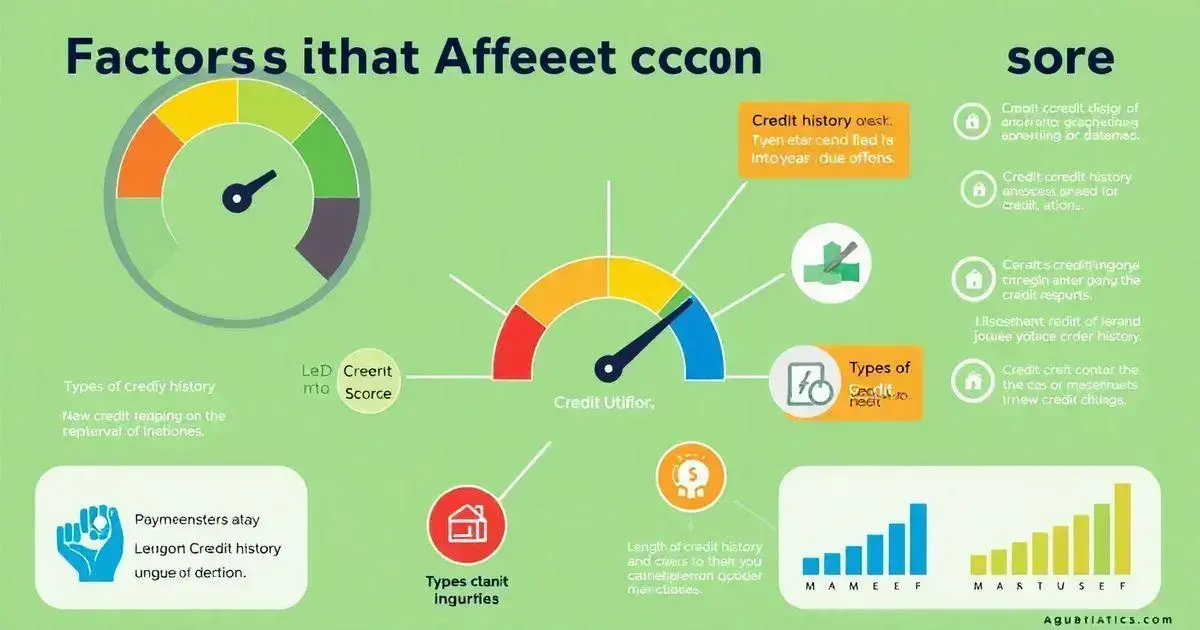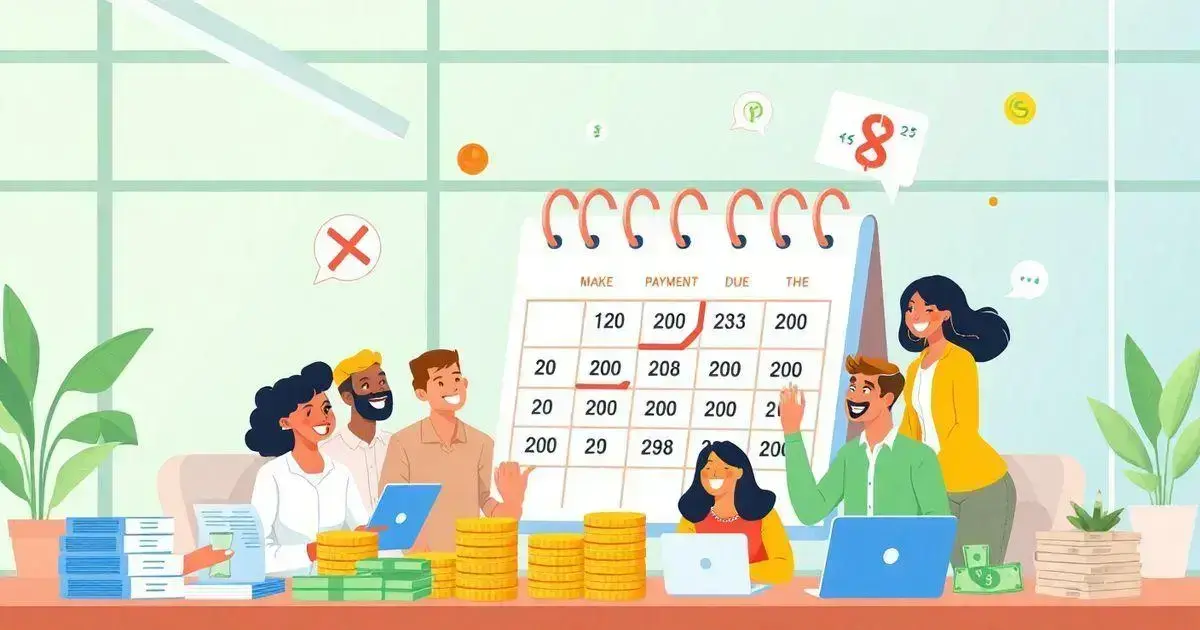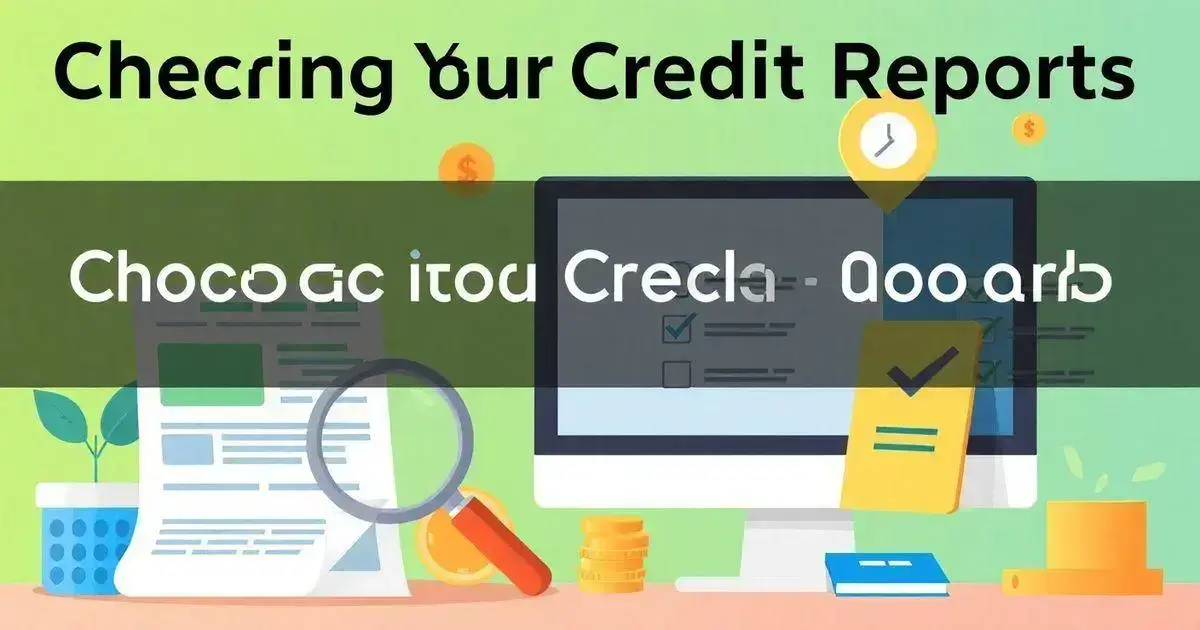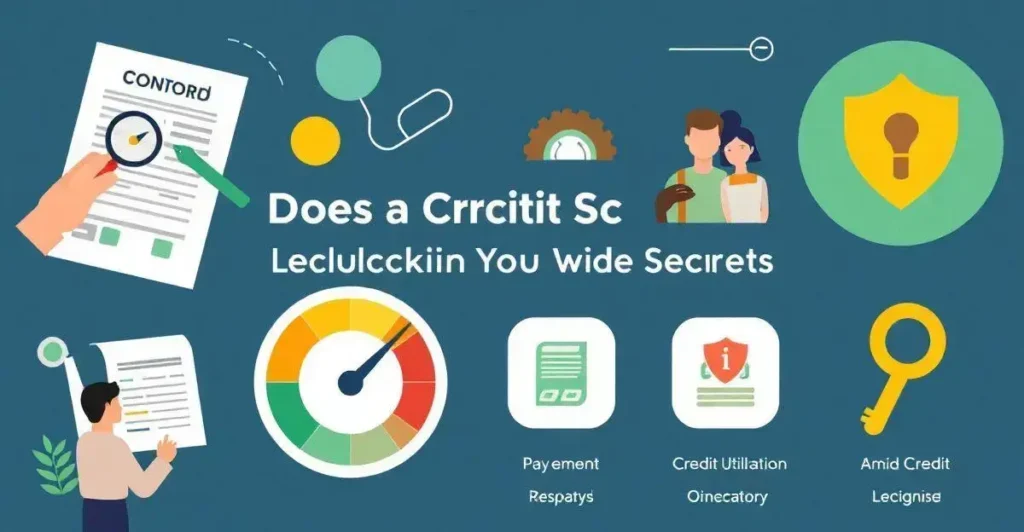Understanding Credit Scores
Understanding credit scores is vital for anyone looking to improve their financial health. A credit score is a three-digit number that depicts your creditworthiness, ranging from 300 to 850. Higher scores indicate better credit, while lower scores can limit your borrowing options.
If you’re wondering how to improve your credit score quickly, it’s important to focus on key factors like payment history, credit utilization, and the length of your credit history. These elements play a significant role in determining your score and can be adjusted to boost your creditworthiness.
Your payment history accounts for about 35% of your score, making it the most significant factor. Ensuring you make payments on time can greatly enhance your score. Similarly, keeping your credit utilization low is essential. If you’re asking how to improve your credit score quickly, managing these factors effectively is the way to go.
Factors That Affect Your Credit Score

Several factors play a crucial role in determining your credit score. Payment history is the most significant factor, accounting for about 35% of your score. Timely payments boost your score, while missed payments can significantly harm it.
If you’re wondering how to improve your credit score quickly, focusing on credit utilization is key. It makes up 30% of your score, and keeping this ratio below 30% can help boost your credit standing.
The length of your credit history contributes 15%, so keeping older accounts active is wise. By understanding these factors, you can take important steps toward how to improve your credit score quickly and enhance your financial health.
Quick Tips for Increasing Your Score
Improving your credit score quickly is possible with some effective strategies. Start by ensuring timely payments on all your bills, as this has the greatest impact on your score.
If you’re wondering how to improve your credit score quickly, paying down debt is another key action. Aim to reduce your credit card balances to below 30% of your credit limits. Monitoring your credit reports for errors is also crucial; request corrections for any inaccuracies.
Additionally, avoid applying for new credit too frequently, as each application can lower your score temporarily. Consider becoming an authorized user on a responsible person’s account; their positive history may benefit your score. By following these quick tips, you can see improvements in your credit score sooner than you think.
The Importance of Timely Payments

Timely payments are essential for maintaining a strong credit score. They account for about 35% of your overall score, making them a major factor in your credit health.
If you’re wondering how to improve your credit score quickly, setting up reminders or automatic payments can help ensure that bills are paid on time. Missing payments can lead to significant drops in your rating, making it harder to secure loans or receive favorable interest rates.
Additionally, making payments on time for utility bills and other loans can also positively impact your credit history. Consistent on-time payments build trust with creditors and pave the way for better financial opportunities, so if you’ve missed payments, catch up quickly.
Reducing Debt-to-Income Ratio
Reducing your debt-to-income ratio (DTI) is crucial for improving your credit score. The DTI ratio measures how much of your income goes toward paying debts. A lower DTI is more favorable and helps lenders see you as a responsible borrower.
To learn how to improve your credit score quickly, start by paying off existing debts. Focus on high-interest debt first, as this not only reduces your DTI but also saves you money over time. Increasing your income, whether through a side job or overtime at work, can help lower your DTI even further.
Additionally, avoid taking on new debts while you are lowering your DTI. Keeping your spending in check and living within your means are essential steps toward financial health. By actively managing your debt, you can improve your credit score and increase your chances of obtaining favorable loan terms in the future.
Checking Your Credit Reports

Checking your credit reports is an important step in managing your financial health. You are entitled to receive a free credit report once a year from each of the three major credit bureaus: Experian, TransUnion, and Equifax. It’s essential to review these reports carefully.
Look for any errors or inaccuracies, such as accounts that do not belong to you or incorrect payment histories. If you find any discrepancies, you should dispute them promptly. A “clean credit report” can significantly improve your credit score.
In addition, understanding how to improve your credit score quickly can be aided by regularly checking your credit reports. This habit helps you understand your credit standing and areas that may need improvement. Make it a habit to check your reports regularly, especially before applying for loans or credit, so you can correct issues in advance and ensure the best terms possible.
Using Credit Responsibly
Frequently Asked Questions about How to Improve Your Credit Score Quickly
What steps can I take to improve my credit score quickly?
Make timely payments, reduce your credit utilization, and pay down existing debt.
How does payment history affect my credit score?
Payment history accounts for about 35% of your credit score, so timely payments are crucial.
What is credit utilization, and how can I keep it low?
Credit utilization is the amount of credit you’re using compared to your total credit limit. Keep it below 30% for a better score.
How often should I check my credit report?
You should check your credit report at least once a year to catch any errors or inaccuracies.
Does applying for new credit affect my score?
Yes, each new application can temporarily lower your score due to hard inquiries.
How can I dispute an error on my credit report?
Contact the credit bureau with the details and documentation supporting your claim to dispute any inaccuracies.

